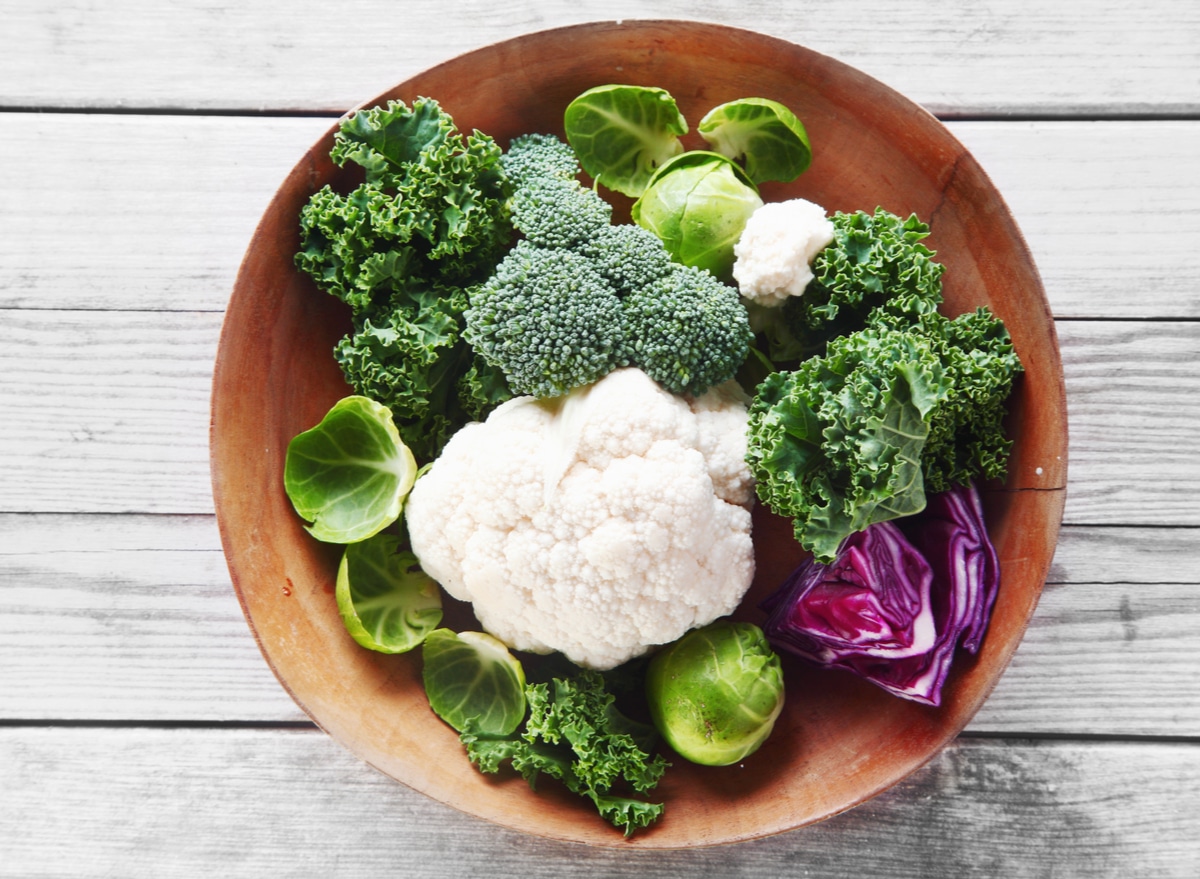Summary of 13 Foods That Cause Gas (But Are Still Good for You):
*13 Foods That Cause Gas (But Are Still Good for You)
Summary:
– Gas is a common issue caused by certain foods, but many of these foods are actually healthy and beneficial for your overall well-being.
– While it may not be possible to completely eliminate gas-causing foods, there are ways to reduce their impact, especially when you have important events or situations where you want to keep gas in check.
– In this article, we will explore 13 different foods that may cause gas but are still good for you, along with some tips and tricks to minimize their gas-producing effects.
1. Oatmeal:
– Oats are a high-fiber food that can cause gas in some individuals.
– To make oatmeal less gas-producing, cook it with only water and add digestive enzymes or foods known to help digestion, like lemon, ginger, fennel, or peppermint.
2. Seeds:
– Seeds, such as flax or chia, contain a high amount of fiber that is not easily broken down and digested by our bodies.
– To reduce gas, try using ground chia or flax seeds in your smoothies or puddings instead of whole seeds.
3. Beans:
– Beans contain oligosaccharides, complex sugars that are not easily broken down by our digestive system.
– Soaking beans overnight before cooking can help reduce their gas-producing effect.
4. Lentils:
– Lentils are a great source of fiber but also high in FODMAPs, a type of fermentable carbohydrate that may cause excess gas and bloating for those with Irritable Bowel Syndrome (IBS).
– To reduce gas, soak and rinse canned lentils before consumption.
5. Sugar-free candy:
– Sugar alcohols used to replace sugar in sugar-free candy, such as sorbitol, mannitol, or xylitol, can ferment in the gut and cause gas production.
– Consume sugar-free sweets in moderation to prevent gas.
6. Broccoli:
– Broccoli is a cruciferous vegetable that contains raffinose, a complex sugar that is difficult to digest and can lead to gas production.
– Cooking broccoli and consuming smaller portions can reduce its gas-producing effects.
7. Cauliflower:
– Cauliflower, like broccoli, contains raffinose, which can cause gas.
– Pair cauliflower with other foods that are easier to digest, such as lean meats or easy-to-digest white rice.
8. Dairy:
– Lactose, the sugar in milk, can cause gas and bloating in lactose intolerant individuals.
– Consider soy milk as an alternative, which has comparable protein and is often fortified with essential nutrients.
9. Cabbage:
– Cabbage has a high fiber content and contains raffinose, both of which can lead to gas production.
– Thoroughly chewing cabbage and incorporating spices like caraway or turmeric into your cooking can aid digestion and reduce gas.
10. Cheese:
– Some cheeses have enough lactose to cause gas and bloating in lactose intolerant individuals.
– Choose lower-lactose hard cheeses like Swiss or cheddar, as they are less likely to cause symptoms.
11. Granola and protein bars:
– Some granola and protein bars contain extra fibers known for their gas-producing effects.
– Check the ingredient labels for ingredients like locust bean gum, chicory root fiber, inulin, beta-glucan, or psyllium husk.
12. Brussels sprouts:
– Brussels sprouts, as a cruciferous vegetable, can lead to gas formation in some individuals.
– Incorporating spices like caraway or turmeric into your cooking and adding a squeeze of lemon juice while cooking may aid in reducing gas.
13. Chewing gum:
– Chewing gum stimulates saliva production and can cause excessive air swallowing, leading to gas buildup in the digestive system.
– Artificial sweeteners like sorbitol and xylitol used in sugar-free gums can also cause gas, especially in individuals with IBS.
– Opt for mint tea or brushing your teeth for fresh breath instead.
Gas-causing foods don’t have to be completely eliminated from your diet, especially when they offer numerous health benefits. By following these tips and tricks, you can minimize their gas-producing effects and still enjoy these nutritious foods. Remember, everyone’s tolerance for these foods may vary, so it’s important to listen to your body and make adjustments accordingly.


